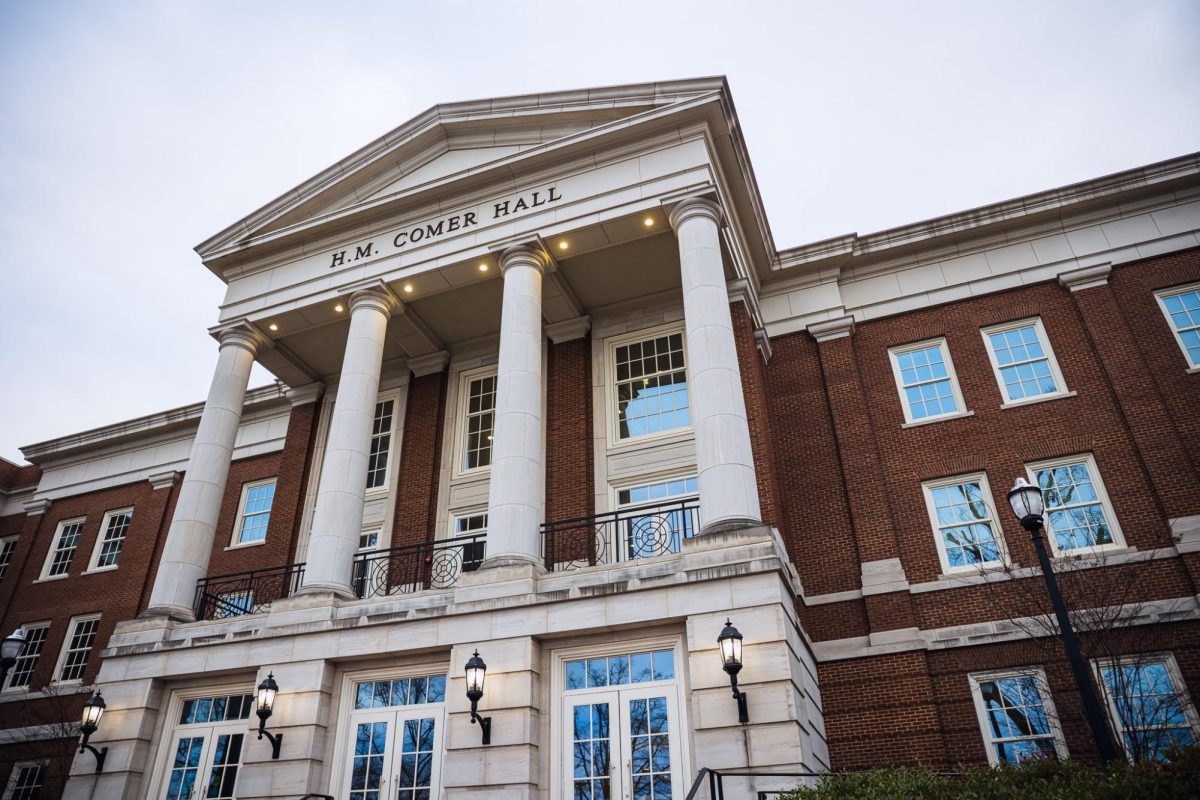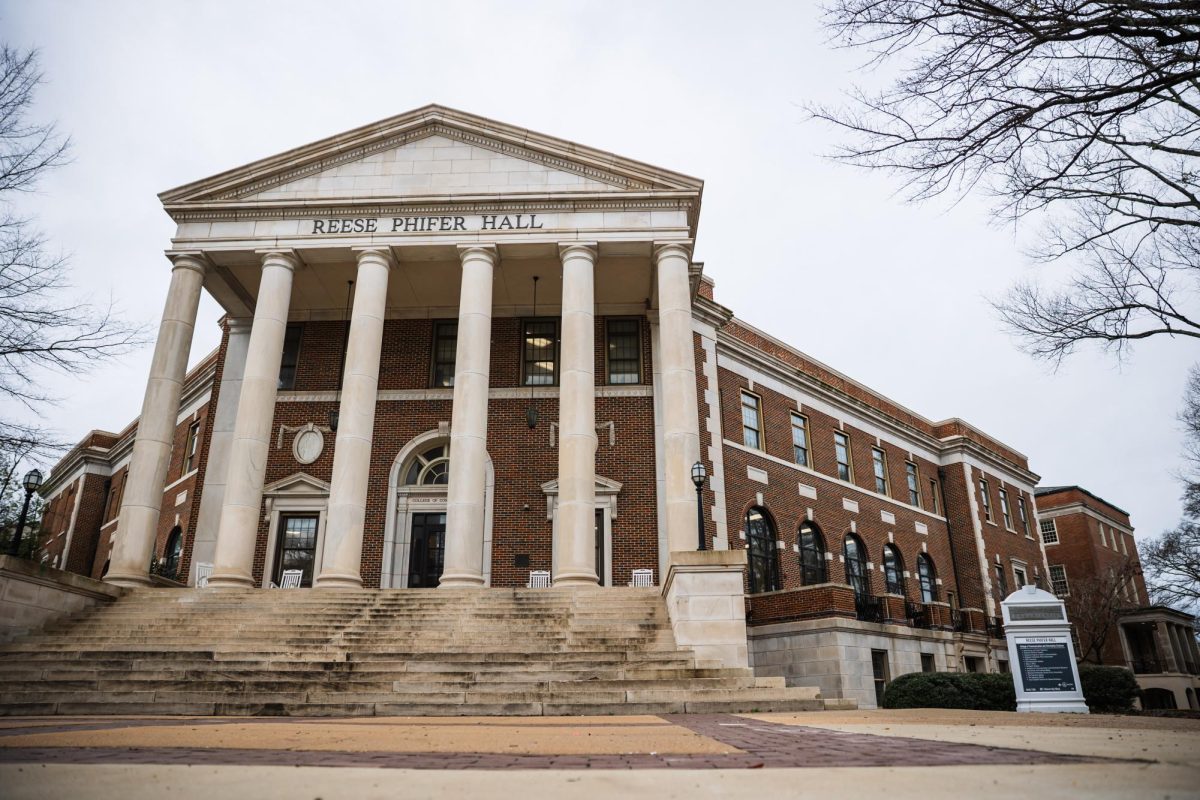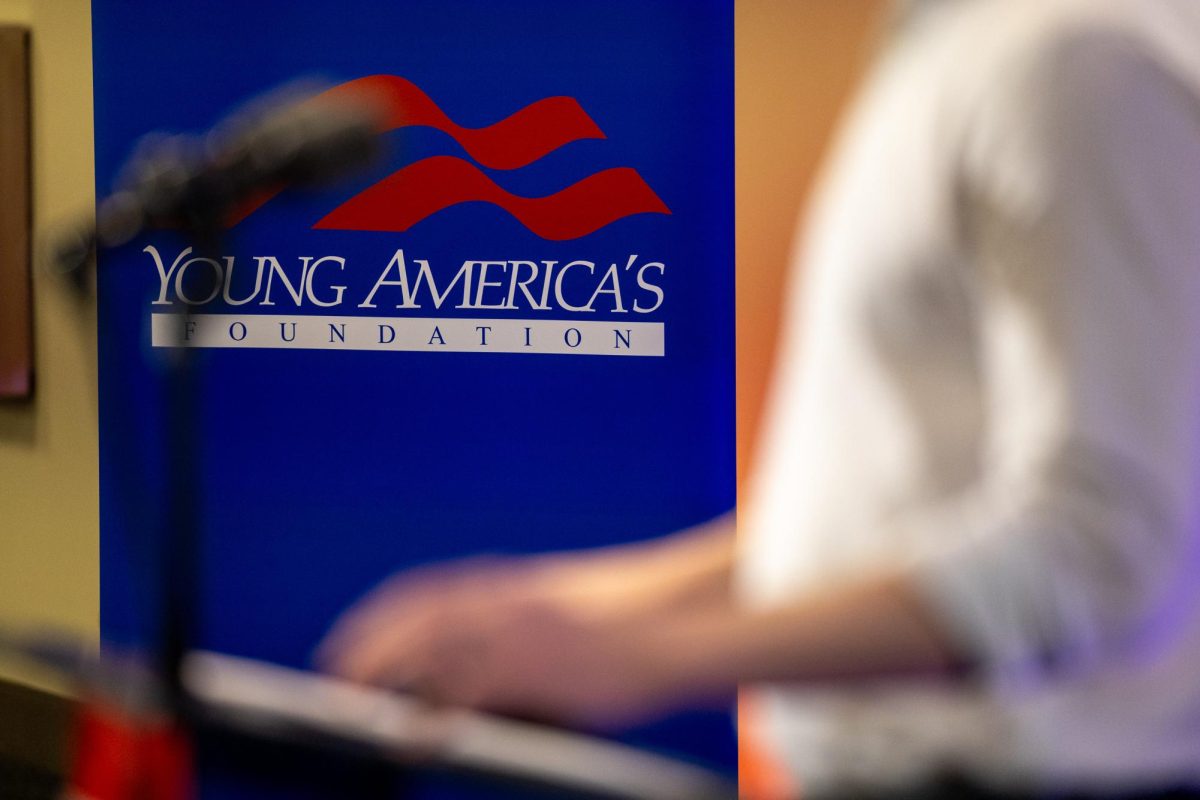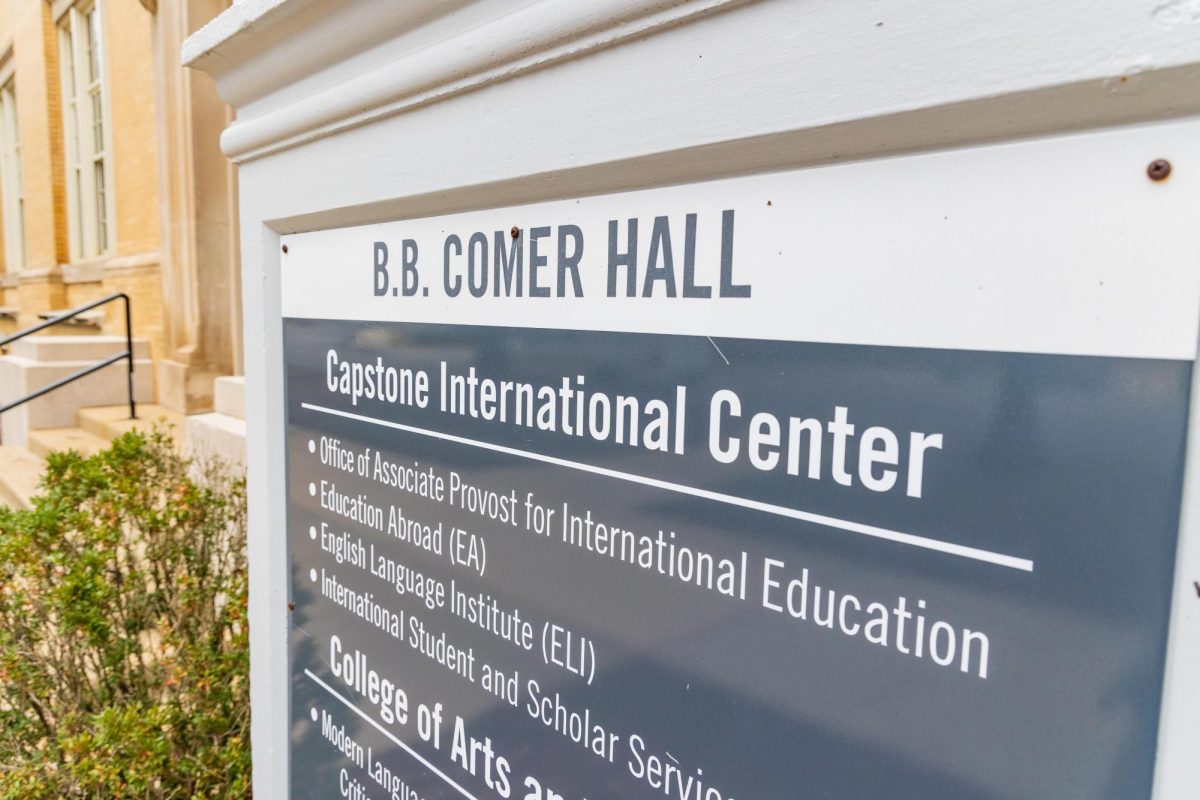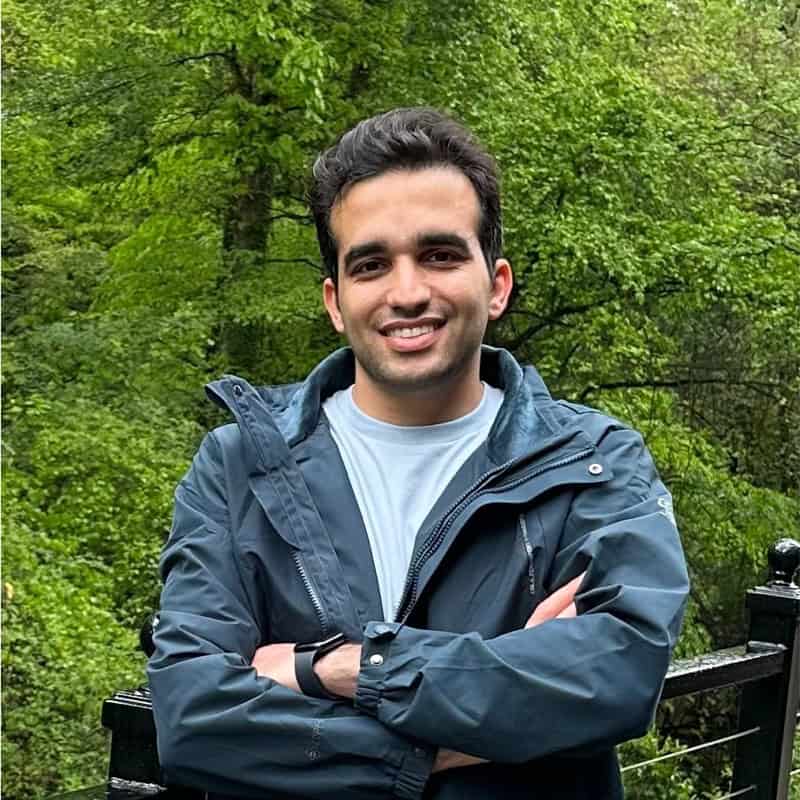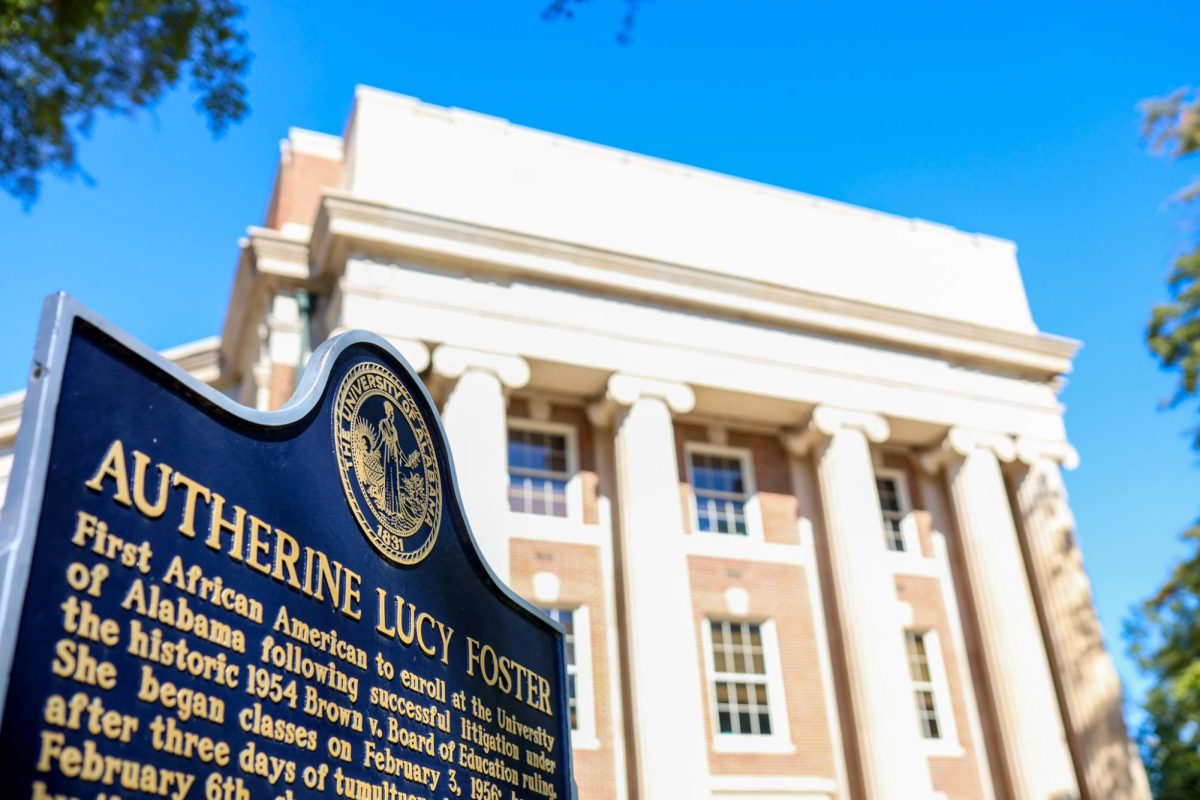The National Institution of Health announced it will cap funding for “indirect costs,” including building maintenance and utilities, at 15%, down from the previous 30% — a move expected to save $4 billion.
Experts and research institutions warn the cuts could slow scientific progress, forcing hospitals and universities to scale back on medical and scientific research.
The Association of American Medical Colleges said the cuts will weaken the nation’s research capacity. AAMC President and CEO David J. Skorton and Chief Scientific Officer Elena Fuentes-Afflick warned that the decision will have the effects of “slowing scientific progress and depriving patients, families, and communities across the country of new treatments, diagnostics, and preventative interventions.”
The University of Alabama, which holds Carnegie’s R1 designation for very high research activity, has significantly expanded its research initiatives in recent years. With external grants and contracts reaching record levels, departments like biological sciences and chemical engineering are assessing the potential impact of the cuts.
- Heath Turner, department head for Chemical and Biological Engineering, said the cuts would create challenges, particularly for students.
“The vast majority of the federal grants that we receive end up supporting students, either directly or indirectly,” he said. “So budget reductions would most likely decrease opportunities for student learning, leading to fewer qualified scientists and engineers entering the workforce, making it even more difficult for employers to fill key positions.”
Alex House, associate director of media relations, said the University is monitoring how the pause could impact the University’s research outlook.
“A federal judge on Tuesday issued a nationwide pause on the NIH order capping indirect costs to 15%,” House said. “UA received $9.8 million in NIH grant funding in FY 23 and $13.6 million in FY 24. Research is a core part of our mission, and we are continuing to closely monitor and assess these developments.”
As the University braces for the fallout, these cuts have already sparked legal action across the country.
On Monday, 22 state attorneys general sued the NIH to stop the policy change, arguing it would “devastate critical health research at universities and research institutions in the United States.”
Judge Angel Kelley of Massachusetts issued a temporary restraining order, halting the policy change.
“Defendants and their officers, employees, servants, agents, appointees, and successors are hereby enjoined from taking any steps to implement, apply, or enforce the Rate Change Notice (NOT-OD-25-068) within Plaintiff States until this Court issues further order,” Kelley wrote.
Massachusetts Attorney General Andrea Joy Campbell, whose state received $3.46 billion in NIH funding last year, called the cuts an unlawful attempt to “hamstring our competitiveness” and “play politics with public health.”
The court’s decision pauses the policy, but NIH funding remains uncertain with new leadership at the helm.
On Thursday, the Senate confirmed Robert F. Kennedy Jr. as secretary of Health and Human Services, putting him in charge of the agency that oversees the NIH. His confirmation throws another curveball into an already complex situation.
Sen. Susan Collins, R-Maine, said Kennedy has promised to take a second look at the cuts.
“He has promised that as soon as he is confirmed, he will re-examine this initiative that was implemented prior to his confirmation,” she said.
Collins said she reached out to Kennedy to express “strong opposition to these arbitrary cuts in funding for vital research” at institutions in her state.
However, Kennedy has signaled sweeping changes to the agency. When he spoke at the Genius Network Annual Event in Scottsdale last November, he outlined plans for immediate changes to the NIH workforce.
“We need to act fast, and we want to have those people in place on Jan. 20 so that on Jan. 21, 600 people are going to walk into offices at NIH, and 600 people are going to leave,” Kennedy said.



